Hate speech and disinformation
Filter resources
-
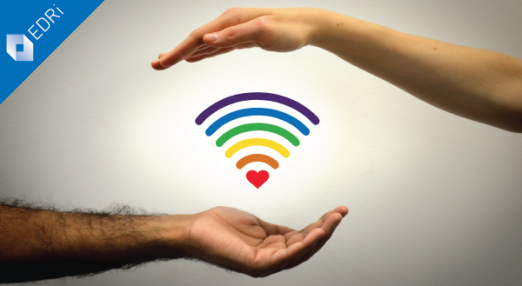
The digital rights of LGBTQ+ people: When technology reinforces societal oppressions
Online surveillance and censorship impact everyone’s rights, and particularly those of already marginalised groups such as lesbian, gay, bisexual, transgender and queer and others (LGBTQ+) people. The use of new technologies usually reinforces existing societal biases, making those communities particularly prone to discrimination and security threats. As a follow-up to Pride Month, here is an […]
Read more
-

E-Commerce review: Technology is the solution. What is the problem?
This is the second article in our series on Europe’s future rules for intermediary liability and content moderation. You can read the introduction here. When it comes to tackling illegal and “harmful” content online, there’s a major trend in policy-making: Big tech seems to be both the cause of and the solution to all problems.
Read more
-

Fighting online hatespeech: An alternative to mandatory real names
The internet facilitates debates: People around the globe can connect at almost zero cost, and information and opinions that would otherwise hardly be noticed can go viral through social media. However, services like Twitter and Facebook can also be used for targeted defamation. Especially people who belong to minorities or endorse views outside the mainstream […]
Read more
-

Fighting defamation online – AG Opinion forgets that context matters
On 4 June 2019, Advocate General (AG) of the Court of Justice of the European Union (CJEU), Maciej Szpunar, delivered his Opinion on the Glawischnig-Piesczek v Facebook Ireland case. The case is related to injunctions obliging a service provider to stop the dissemination of a defamatory comment. Looking carefully at this Opinion is important, as […]
Read more
-
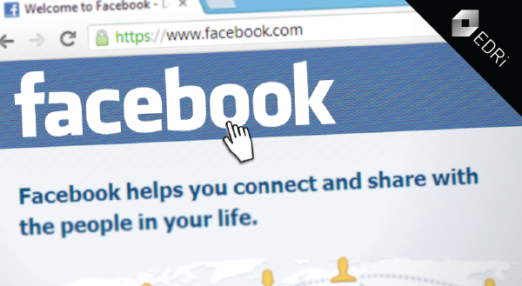
Our dependency on Facebook – life-threatening?
What is your priority when a terrorist attack or a natural disaster takes place close to where your parents live or where your friend went on holidays? Obviously, you would immediately like to know how your loved ones are doing. You will call and text them until you get in touch.
Read more
-
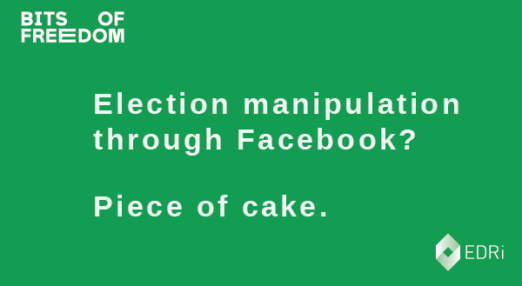
Facebook lies to Dutch Parliament about election manipulation
On 15 May 2019, Facebook’s Head of Public Policy for the Netherlands spoke at a round table in the House of Representatives about data and democracy. The Facebook employee reassured members of parliament that Facebook has implemented measures to prevent election manipulation. He stated: “You can now only advertise political messages in a country, if […]
Read more
-
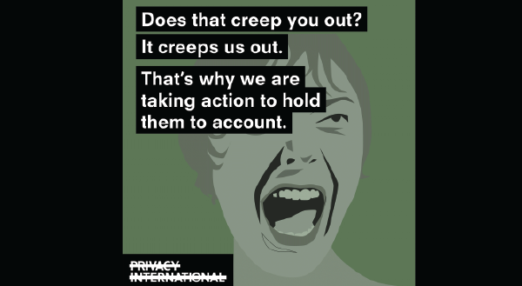
EU elections – protecting our data to protect us from manipulation
The campaigns for the European Parliament elections that will take place on 23-27 May 2019 are well under-way. Since the last elections in 2014, much has changed in the way political campaigns are conducted. Central to these changes is the role played by our data.
Read more
-

What the YouTube and Facebook statistics aren’t telling us
After the recent attack against a mosque in New Zealand, the large social media platforms published figures on their efforts to limit the spread of the video of the attack. What do those figures tell us?
Read more
-

Digital rights as a security objective: New gateways for attacks
Violations of human rights online, most notably the right to data protection, can pose a real threat to electoral security and societal polarisation.
Read more
-

Civil society calls for evidence-based solutions to disinformation
Human and digital rights organisations Access Now, Civil Liberties Union for Europe and European Digital Rights (EDRi) published a joint report on 18 October 2018 evaluating the European Commission’s online disinformation and propaganda initiatives.
Read more
-
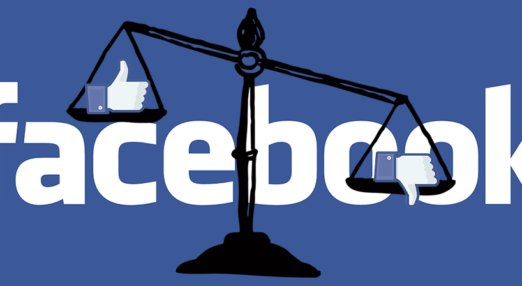
What’s your trustworthiness according to Facebook? Find out!
On 21 August 2018 it was revealed that Facebook rates the trustworthiness of its users in its attempt to tackle misinformation.
Read more
-

ENDitorial: The fake fight against fake news
The new danger is no longer yellow, but red once more: fake news. It helped getting Trump elected. It paved the highway to Brexit. Even local European elections are not safe. The greatest danger to our democracy in modern times must be fought by all possible means.
Read more
